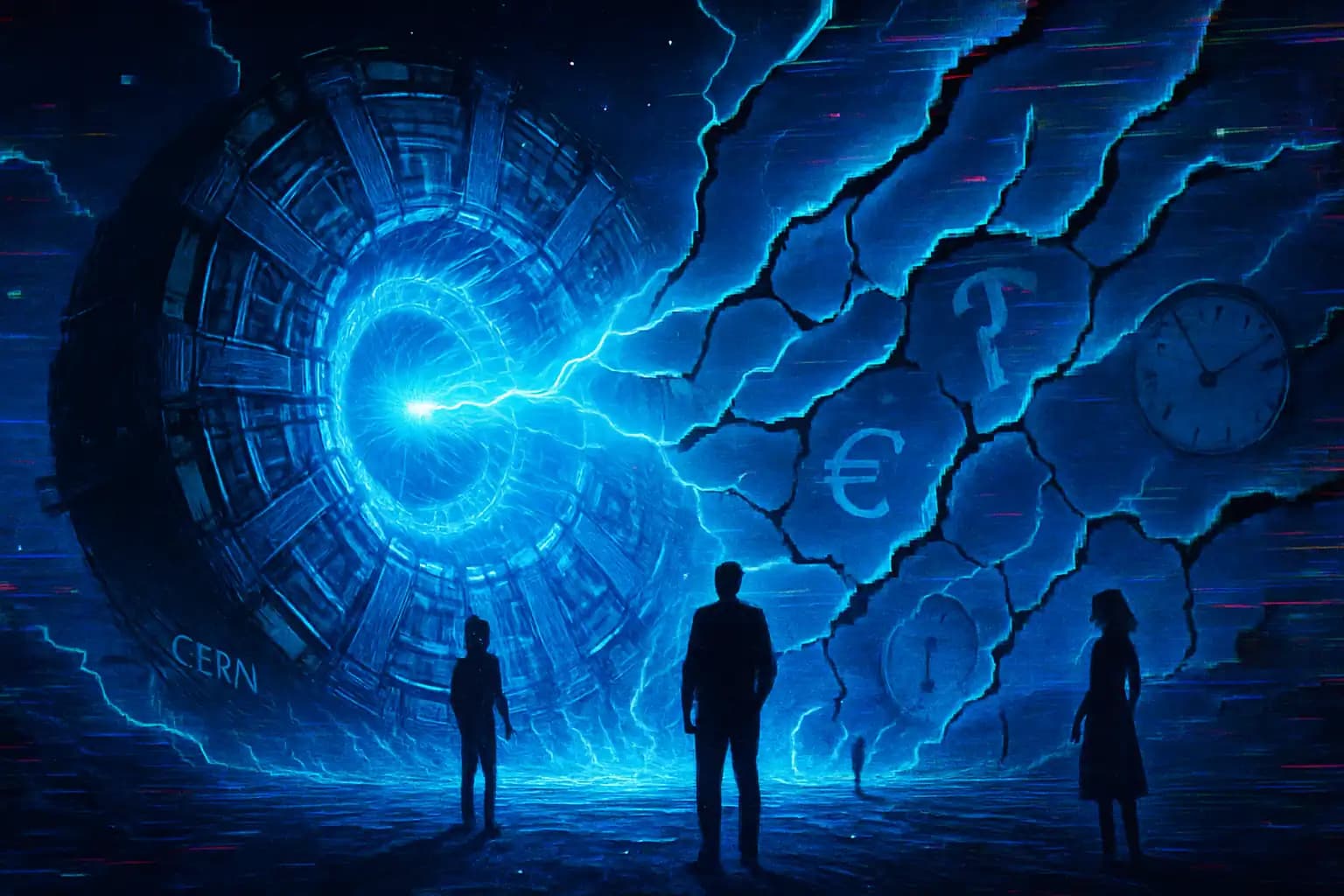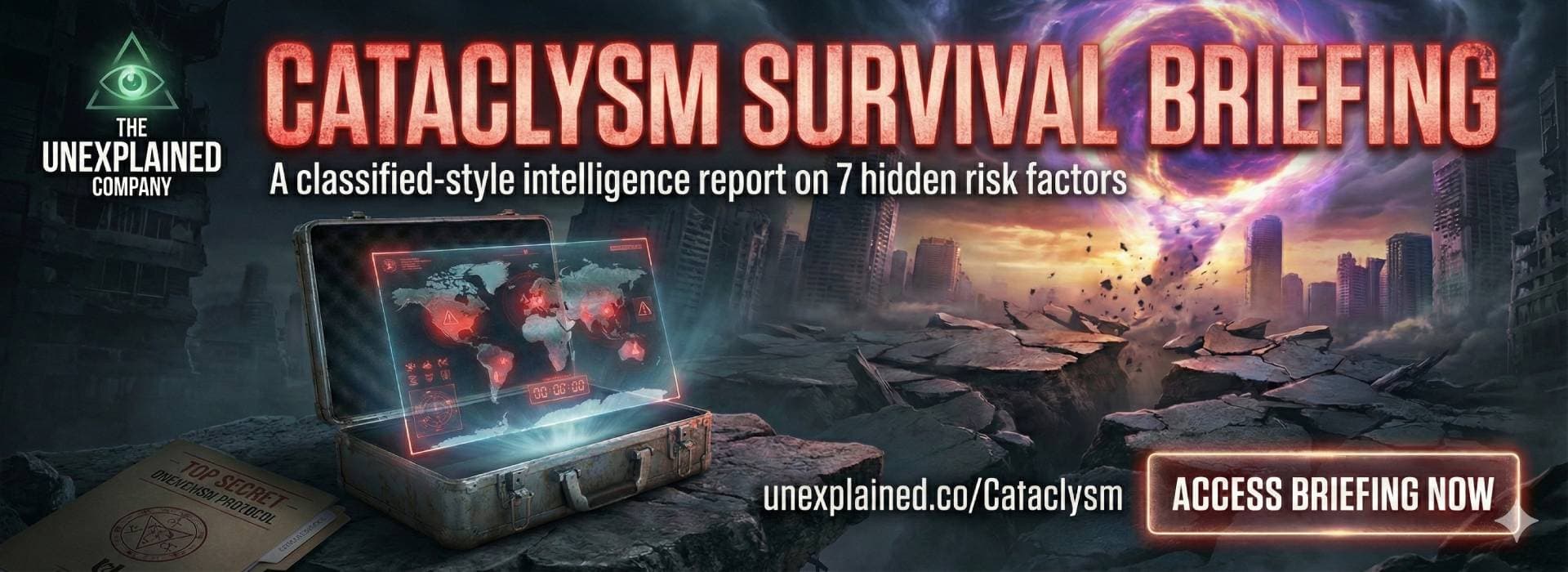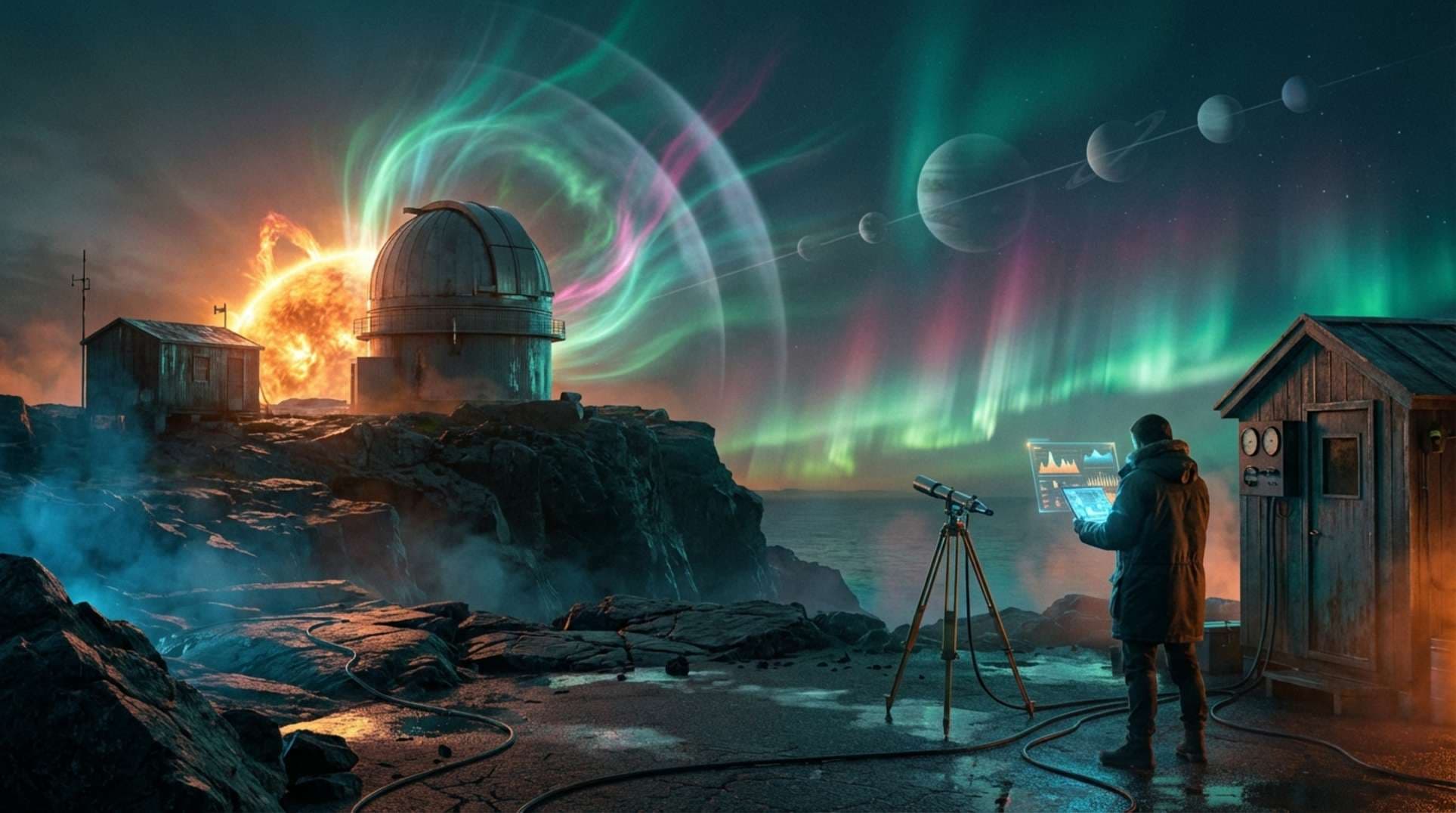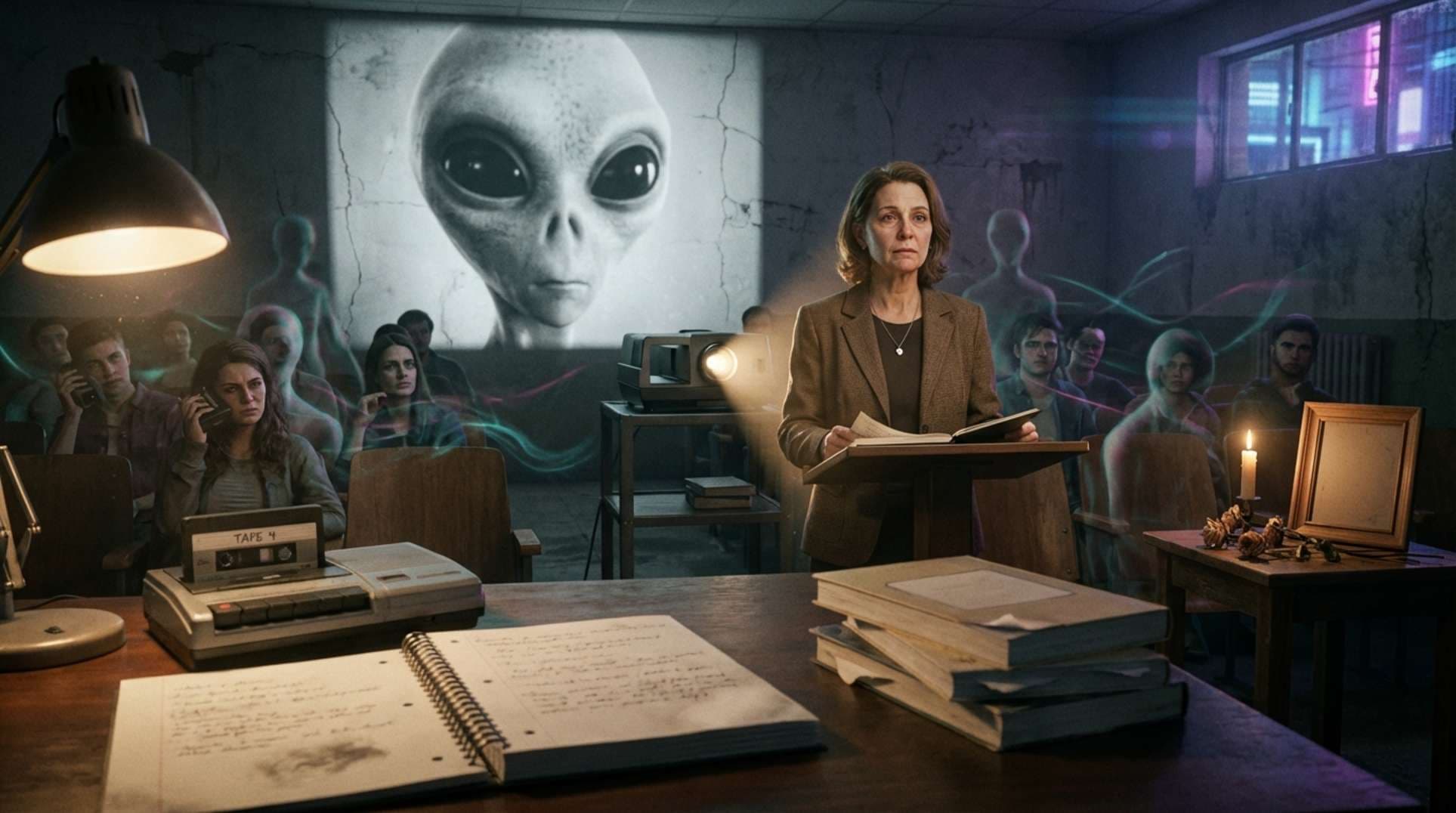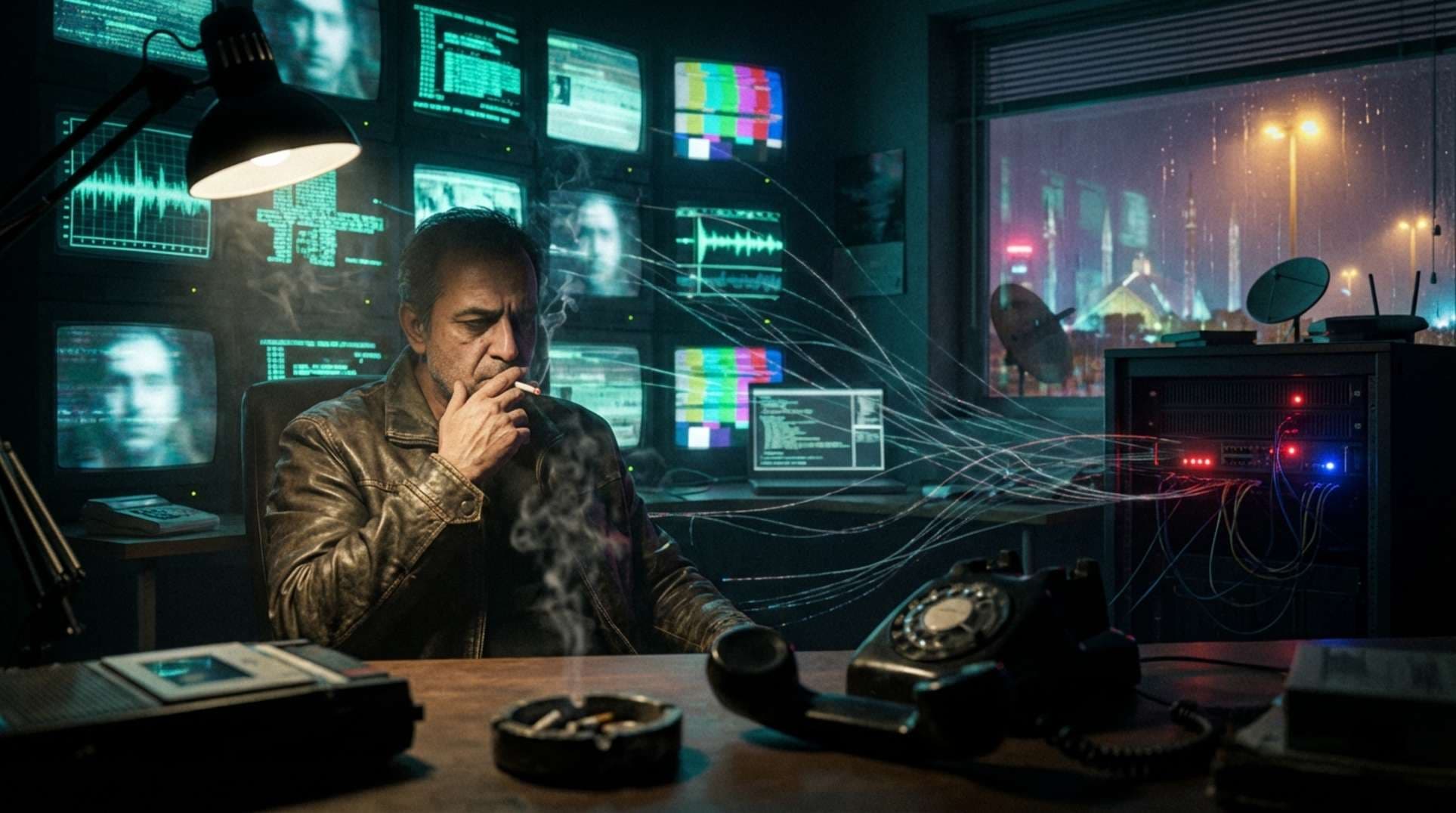In July 2012, a team at CERN’s Large Hadron Collider announced the discovery of the Higgs boson, known as the God Particle. This revelation unsettled physics—and, if you believe countless memes, it may have affected something deeper. Ever since, the internet has debated: did CERN’s experiments open a portal, glitch our reality, or push humanity into a parallel timeline?
This modern myth revolves around intuition—a feeling that endures despite official denials and endless fact-checking. From déjà vu waves to pop culture oddities known as the “Mandela Effect,” both ordinary people and armchair quantum theorists speculate if the world’s largest scientific machine did more than break atoms. Did it shatter our understanding of reality?
The LHC: Physics, Portals, and a New Era of Suspicion
The Large Hadron Collider (LHC), a 27-kilometer ring under the France–Switzerland border, was built for high-energy collisions that could reveal the cosmos’ rules (learn more). As noted by HowStuffWorks, conspiracy theories rapidly emerged: claims included portal openings, alternate dimensions, and wild fears that the LHC could trigger earthquakes or “shift the world into an alternate timeline.” Simply put, none of this appears in CERN’s press releases.
However, the collider explicitly aims to explore mysteries like supersymmetry, extra dimensions, and dark matter. These questions provoke science fiction-like thoughts in the lay observer. The anxieties fueled by AI and apocalypse scenarios feel uncannily relevant: if reality is more fragile than imagined, when does investigation become an existential threat?
The Mandela Effect: False Memories or Multiversal Slippage?
The core issue for many is the so-called Mandela Effect, which refers to widespread misremembering of facts, logos, celebrity deaths, and geography—a phenomenon that some attribute directly to shifts caused by CERN’s high-energy collisions. Vice’s exploration highlights the web’s fascination with missing movies (“Shazaam”), altered cartoon lines, and other anomalies.
This theory suggests that as the LHC collides protons at near light-speed, it either opens tiny black holes—gateways to “somewhere, anywhere” (see this physicist’s take)—or causes subatomic shifts across parallel dimensions. Some attribute this to pop psychology, but conspiracy theories endure, echoing age-old fears, like seismic threats discussed in planetary disaster reports or foreign threat warnings.
Does CERN Really Have the Power to Shift Reality?
Physicists clarify: despite its engineering feats, the LHC isn’t close to tearing spacetime. Fact-checkers highlight that viral “portal” photos show weather phenomena, not cosmic openings. Still, the collider seeks to find evidence of extra dimensions, fueling paranoid nerves. Scientists concentrate on supersymmetry, dark matter, and affirming or debunking ideas like string theory. The notion of portals remains a work of science fiction—and a digital campfire tale.
Yet if you ask users online, things have felt off since 2012. One side effect of groundbreaking science, perhaps, is a new era of mythmaking: disasters, “Mandela effects,” and cosmic anxiety flourish in a world where trust in consensus has waned. This sentiment resonates with tales of hidden folk from ancient cultures or secretive government operations.
Uncertainty, Existential Vertigo, and the New Digital Mythos
It’s no accident that a machine meant to uncover cosmic truths has instead fueled our digital campfire of doubts. Every era receives the sci-fi it deserves: our age faces apocalyptic prepping, the erosion of reality, and an expanding folklore of particle accelerators and simulation backdoors. If CERN hasn’t rebooted reality, it has convinced millions that a reboot is both feasible and unnervingly near.
For those still seeking answers—with a dash of skepticism—visit Unexplained.co, where researchers explore the blurry line between proven facts and the world’s collective shivers. Whether it’s timelines, portals, or limits of memory, the final word on CERN’s most fantastical myths probably hasn’t collided with the cosmic detector just yet.

